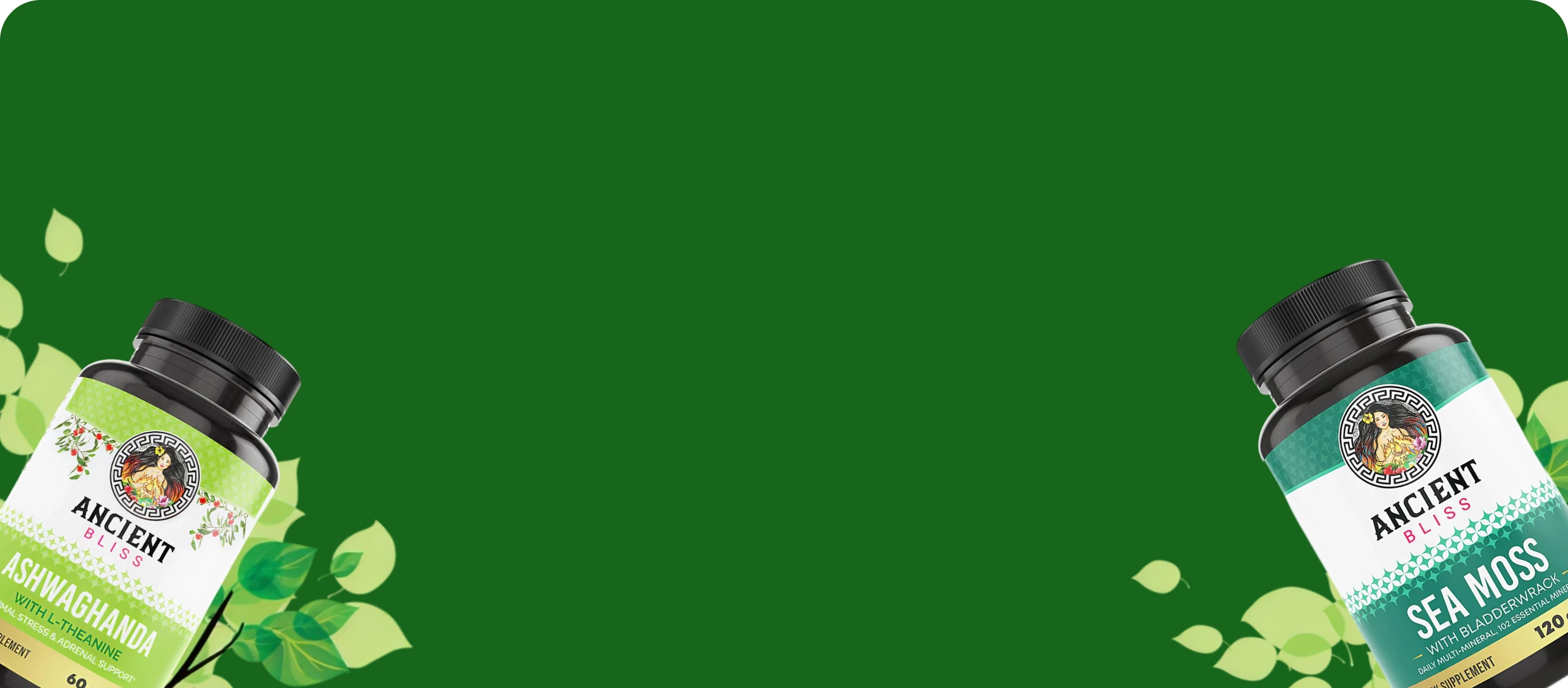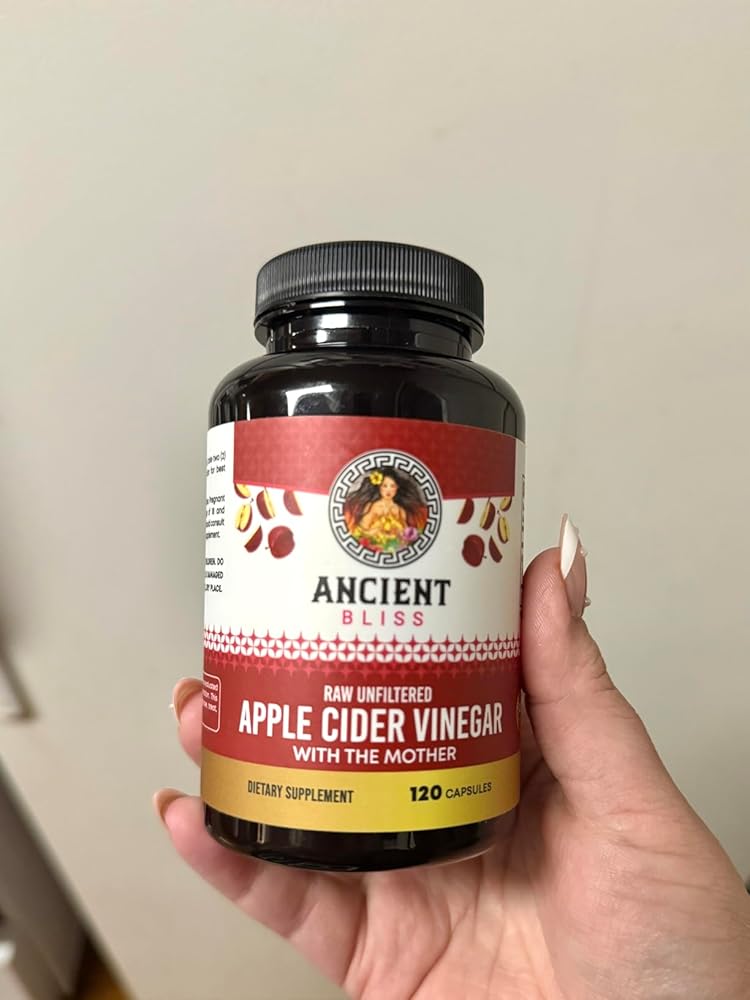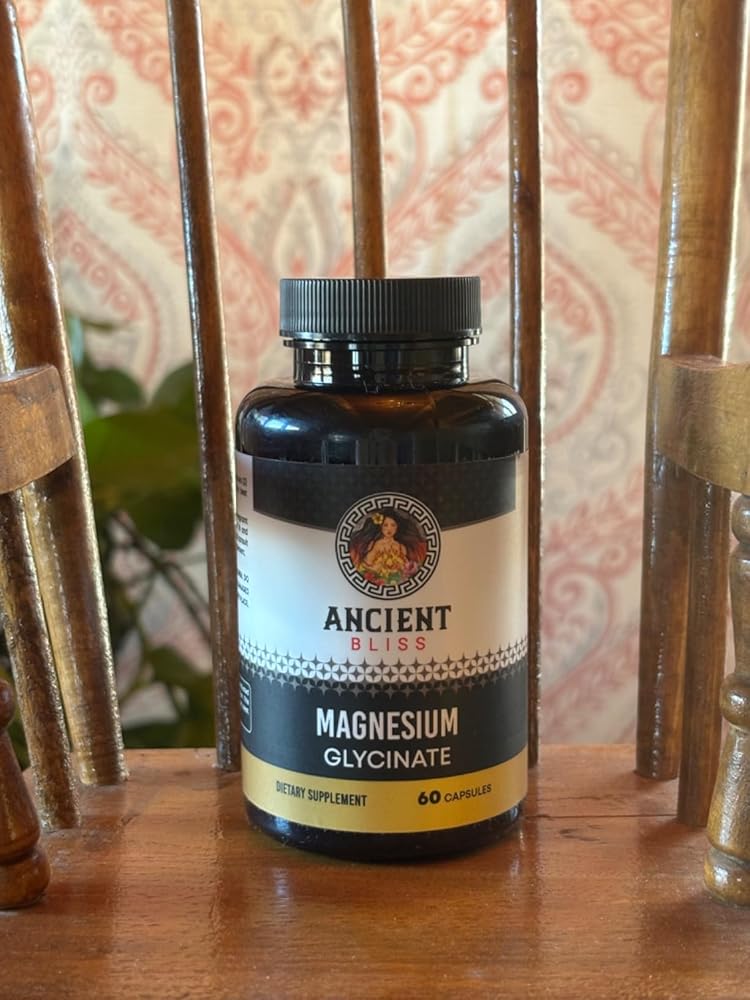Proven to be 1.5 times more effective than other collagen sources such as bovine and porcine composed primarily of collagen type 1, which is most effective for cellular repair hydrolysed peptides for high absorption over 90% protein and contains 20 different amino acids unflavoured, so no fishy aftertaste!
Collagen Peptides (from wild-caught white fish)
Add 1-2 scoops daily to coffee, tea, smoothies, any drink or food recipe.
The effect of oral collagen peptide supplementation on skin moisture and the dermal collagen network: evidence from an ex vivo model and randomized, placebo-controlled clinical trials" - This study, published in the journal Skin Pharmacology and Physiology, investigated the effects of marine collagen supplementation on skin moisture and collagen levels. The study found that marine collagen supplementation increased skin moisture and improved the structure of the dermal collagen network.
https://pubmed.ncbi.nlm.nih.gov/23949208/"Marine Collagen Peptides Prevent UVB-Induced Skin Damage and Inflammation Through the Inhibition of Oxidative Stress and MAPKs Activation in Hairless Mice" - This study, published in the journal Nutrients, investigated the effects of marine collagen supplementation on UVB-induced skin damage and inflammation in mice. The study found that marine collagen supplementation reduced skin damage and inflammation caused by UVB radiation.
www.ncbi.nlm.nih.gov/pmc/articles/PMC6627528/"Marine collagen peptides: An emerging functional food with anti-obesity properties" - This review article, published in the journal Marine Drugs, discusses the potential anti-obesity properties of marine collagen peptides. The review suggests that marine collagen peptides may improve satiety, reduce body weight gain, and improve glucose metabolism.
www.ncbi.nlm.nih.gov/pmc/articles/PMC5133123/"The Benefits of Marine Collagen for Skin, Hair, and Joints" by Healthline www.healthline.com/nutrition/marine-collagen-benefits "Marine Collagen: Benefits, Side Effects, and Tips for Use" by Medical News Today
medicalnewstoday.com/articles/327334

 philsmypharmacist
philsmypharmacist























